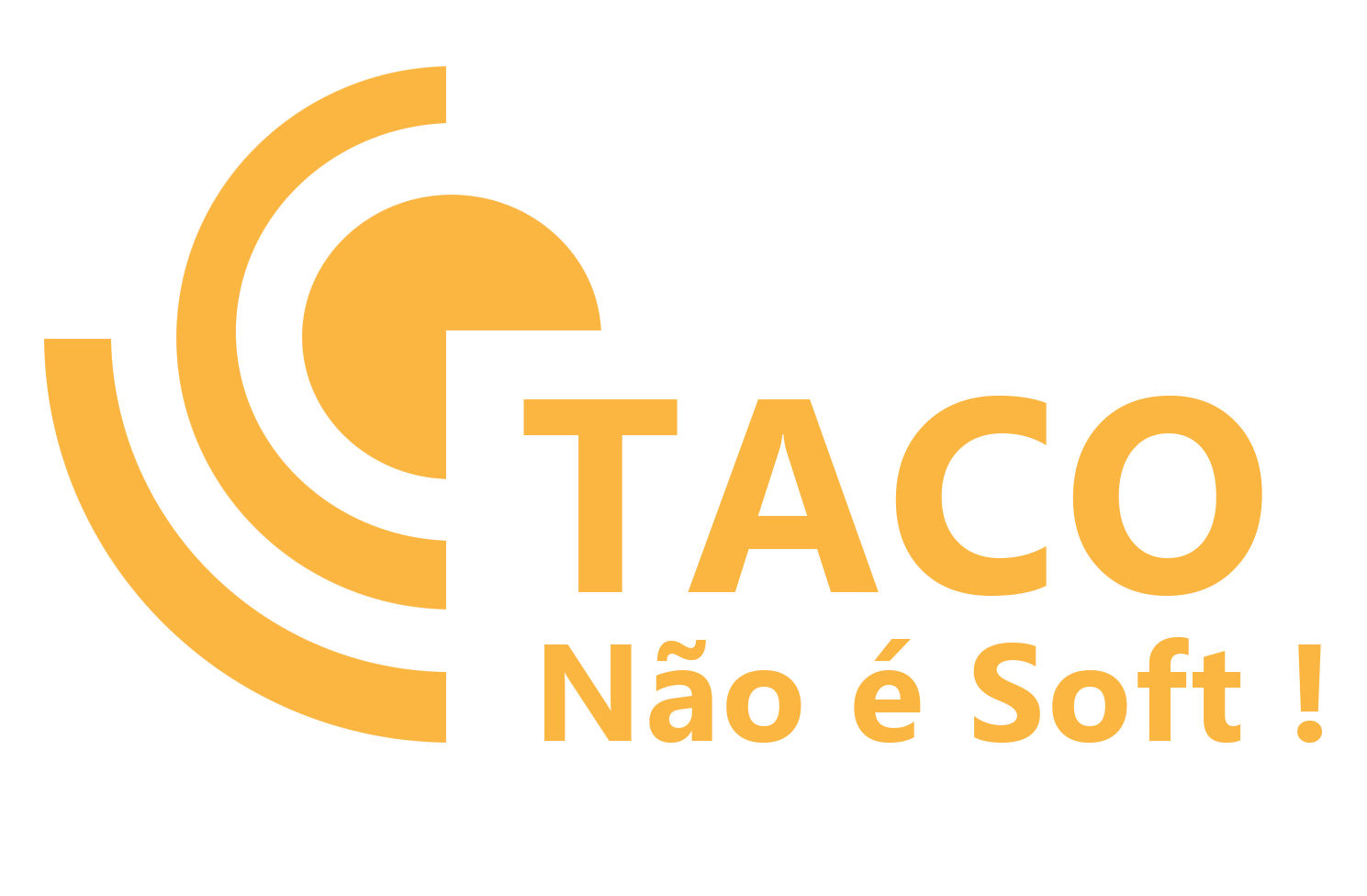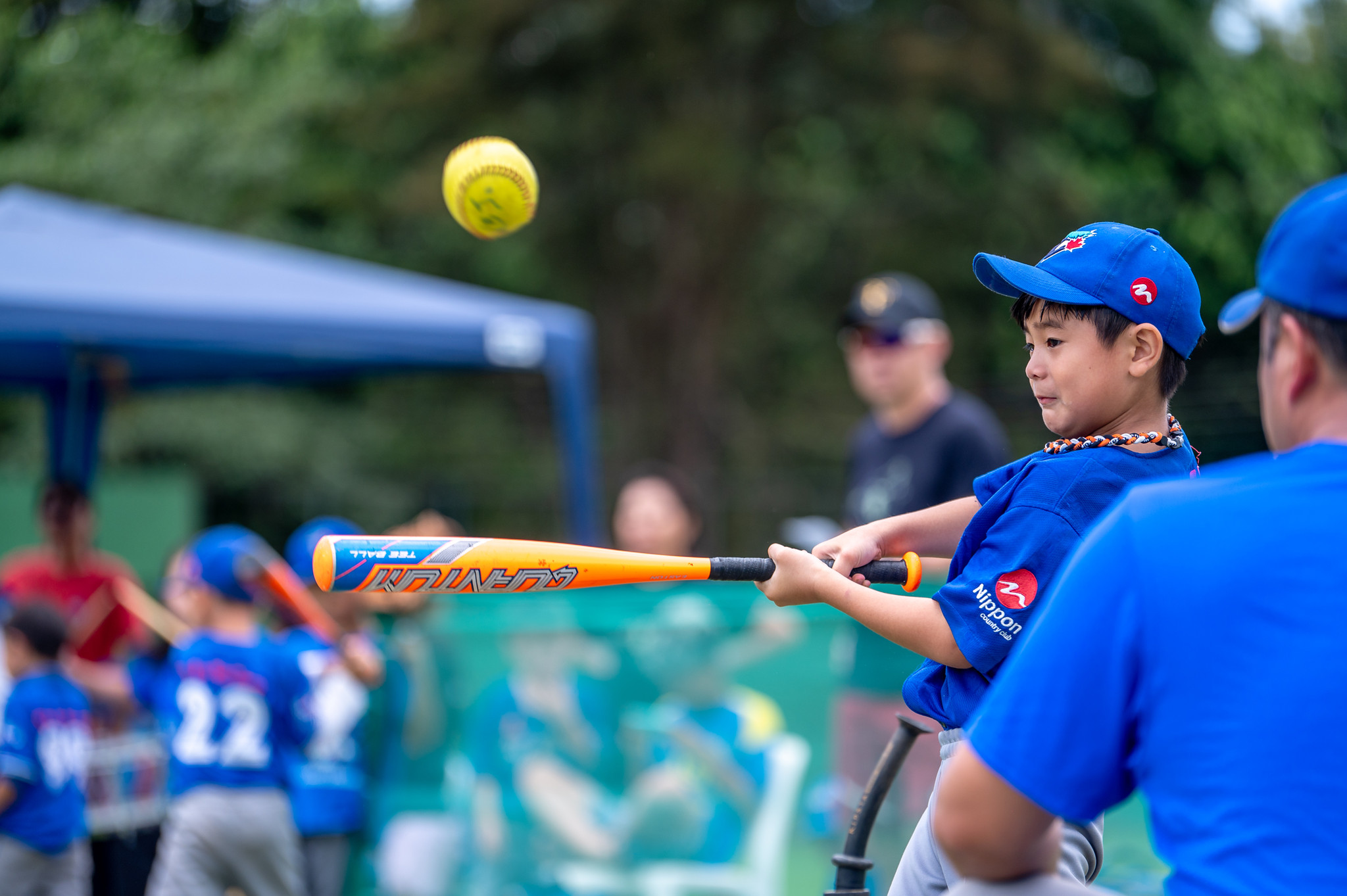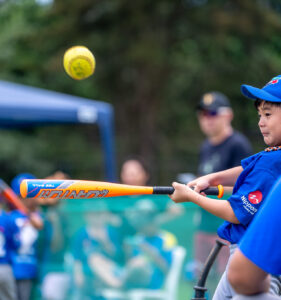by: Cesar Calderaro ( Softball umpire, Professor, advertiser and enthusiast )
Brazil is a unique country in the world—shaped by diversity, by the ethnic, cultural, and linguistic blending of people who came from all corners of the globe. Italians, Africans, Japanese, Germans, Portuguese, Arabs, Jews, Spaniards, Latin Americans—you name it. All have left their mark on Brazilian daily life, in its food, its music, and, of course, in its sports culture.
However, when we talk about baseball and softball, two sports with American origins that were introduced to Brazil mainly through Japanese immigrants, the story unfolds differently. After World War II, due to government-imposed cultural restrictions on the Japanese community, baseball became one of the only social outlets available to Japanese colonists. Through the sport, they preserved values, identity, and a sense of community. And rightfully so, they cultivated baseball as a vital part of their cultural heritage.
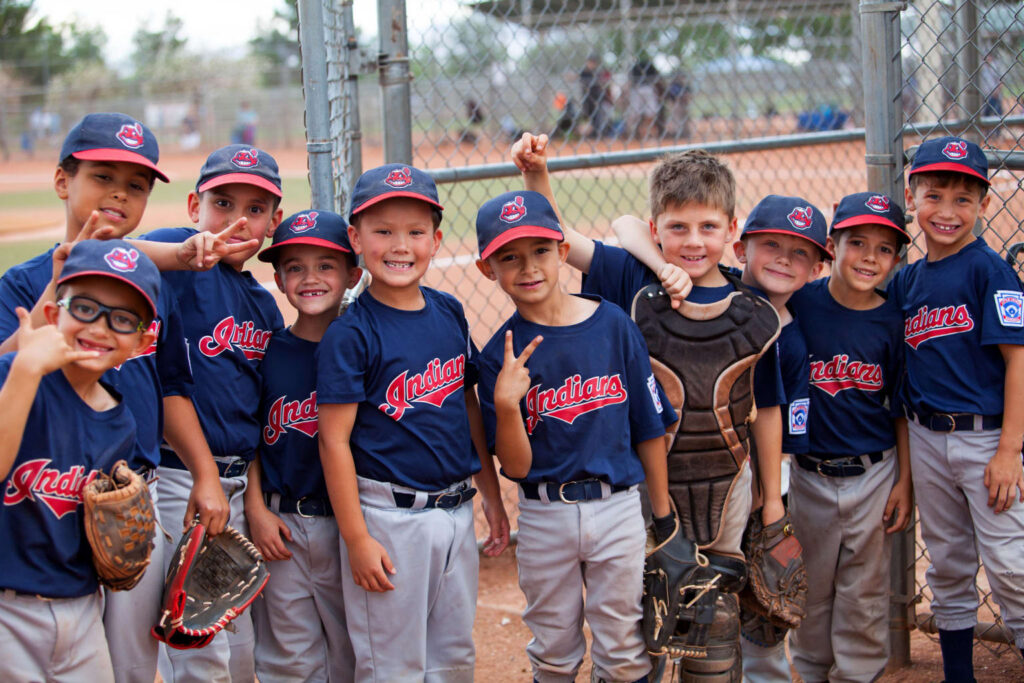
Yet over the decades, this internal cultural preservation evolved into a form of protectionism that’s been difficult to overcome. Japanese-descendant communities created their own clubs, tournaments, and leagues, often in isolation—which led to a sports ecosystem where inclusion was more the exception than the rule. Until quite recently, non-Japanese Brazilians were rarely seen playing in official baseball and softball leagues, let alone in leadership roles. The access wasn’t officially restricted, but informally it remained exclusive.
But Brazil has changed. Society is more open, and with that change, many Brazilians have discovered baseball and softball as exciting and rewarding alternatives to the football monopoly. Traditional clubs have slowly started to open their doors to outsiders. Venezuelans, Cubans, Colombians, Americans born in Brazil—and even descendants of Italians, like the author of the “Taco não é Soft” project—have taken interest, fallen in love with the game, and committed to it. And through that journey, many have noticed something uncomfortable: access is still limited, inclusion still hesitant, and the spirit of the sport—meant to unite—is sometimes dividing.
Let me be clear: this isn’t racism, but it is cultural segregation. It’s the feeling that to play, you need to “act Japanese,” to adopt customs and codes of conduct foreign to many Brazilians. And that doesn’t make sense—especially in a country where the one thing we all have in common is our difference.
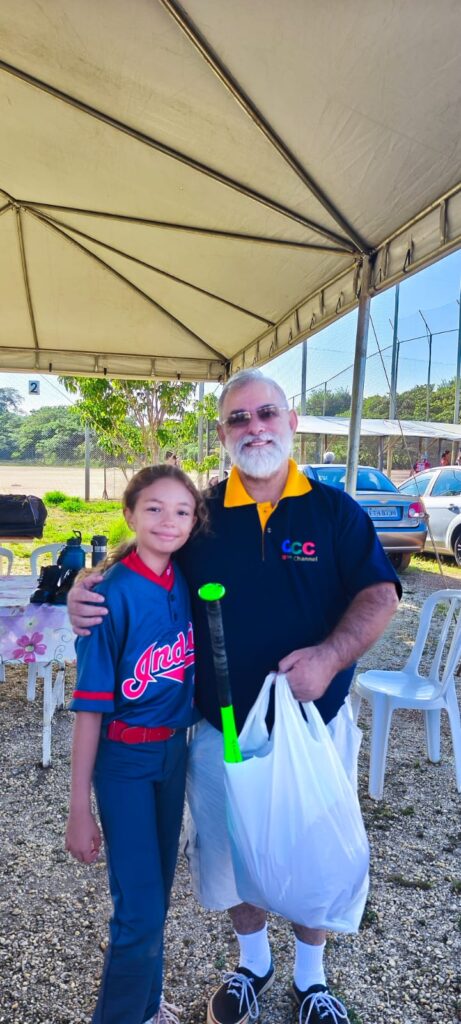
Baseball and softball should not—and cannot—be exclusive to the Japanese or the Americans in Brazil. We’re all Brazilians. And as such, we have the right to make the sport our own, to give it a Brazilian face: vibrant, welcoming, creative, and multicultural. That doesn’t mean erasing history or disrespecting Japanese culture. Quite the opposite—it means honoring the Japanese legacy by expanding the sport’s reach and helping it take deeper root in Brazilian soil.
Cultural preservation is a value. But when preservation leads to exclusion and blocks growth, dialogue, and intercultural exchange, it stops protecting tradition and starts building walls. And Brazil, as we know, is a country built on bridges—not barriers.
If we want to see baseball and softball grow, gaining space in schools, neighborhoods, universities, and family traditions, we must move beyond protectionism and embrace pluralism. Because sport, at its core, is a universal language—and in Brazil, that language speaks with an accent of beautiful diversity.
The future of baseball in Brazil will certainly include the Japanese. But it must also include Italians, Colombians, Cubans, Africans, Koreans, Arabs—and above all, Brazilians. All playing together, on the same field.
-During the last WBSC Americas’ Pan American U-15 Girls Softball Championship, *Taco não é Soft* followed the games online. In the comment sections, fans from other teams were often overheard saying their team was losing because they were “playing against Japan.” That, in itself, is a compliment—our team of Brazilian girls was being compared to a world-class team. One of the best in the world.But let’s be clear: we are proudly BRAZILIAN. Even if our team is represented by players of Japanese descent, they are Brazilians. We also know there may be Brazilian athletes of Australian, French, Canadian, Angolan, South African, Russian, Italian or New Zealander descent who could one day be called up to represent Brazil in the U-15 National Team. But to get there, they need to play, to learn, and to show what they’re capable of.
The Confederation is the Brazilian Confederation of Baseball and Softball. It has the responsibility to make these sports accessible to all Brazilians—or at least allow others to help make that happen.🥎🥎🥎🥎
Ok, 👍 enjoyed❤️. but Who the heck is Cesar Calderaro?
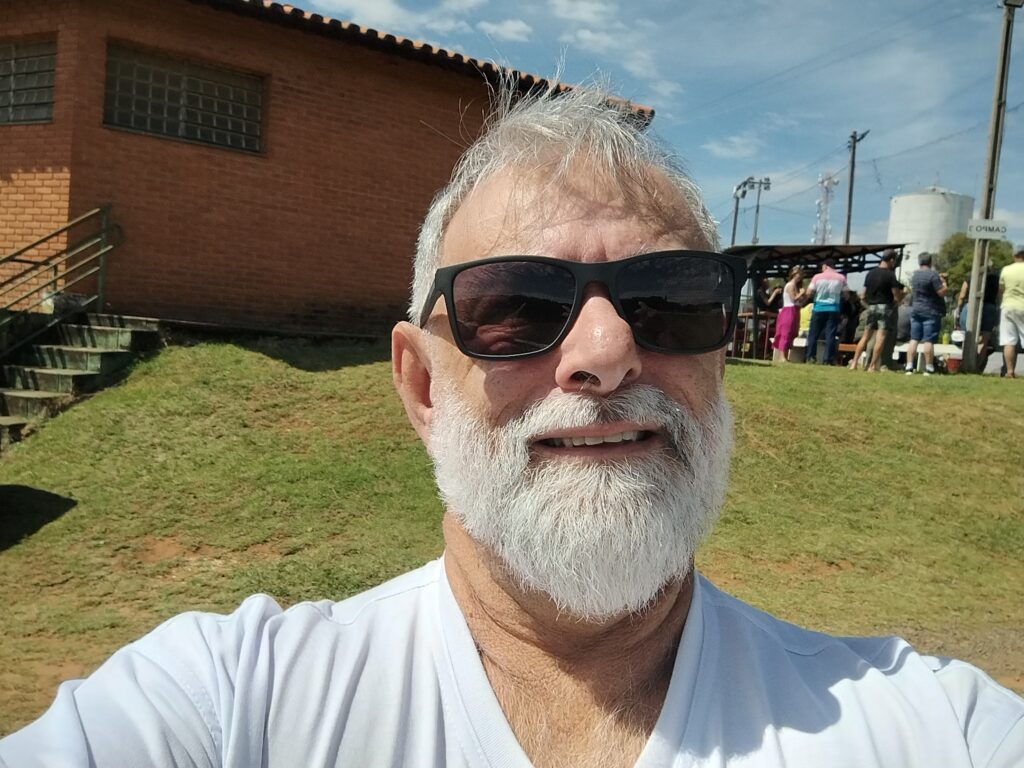
Currently, I’m a “consultant” and a “Projects Manager Professional” in my spare time. When I’m busy, I teach at the university. If invited, I give lectures. My hobby is Umpiring and helping Softball tournaments on Brasil. But what I truly enjoy is sharing knowledge and experiences. I like giving interviews and I have my own “Limeira-style” way of being.I am from an Italian family.
Throughout my professional life, I didn’t place much value on the academic world, as my efforts were focused on my profession—where my livelihood came from. However, I do understand the importance of formal education and the value of a diploma, even if it’s just something to hang on the wall. I’ve got two graduations,and 3 specializations.
I’m not a big fan of putting my experiences out there, but for some colleagues who only think about a diploma and not about truly building knowledge, here’s a glimpse of who I am: // don’t come to me with a big Ego Respect me for being as I am as human being, not for my achievements. We are the same.
https://www.cesar.calderaro.com.br/about.htm
